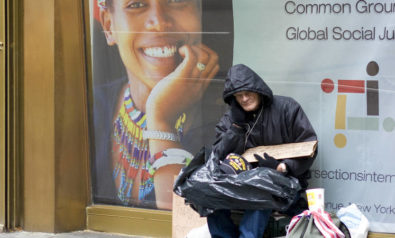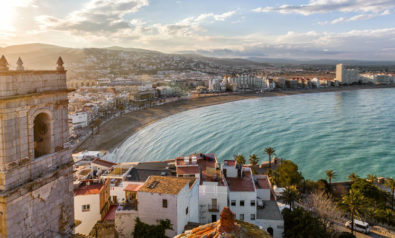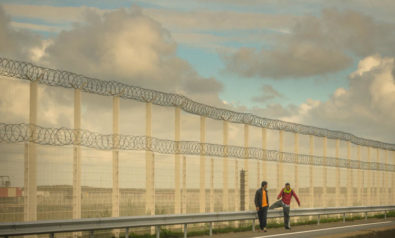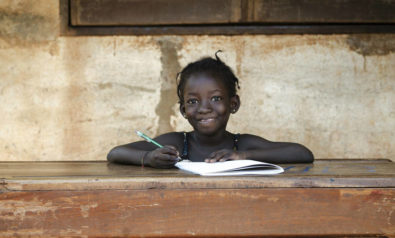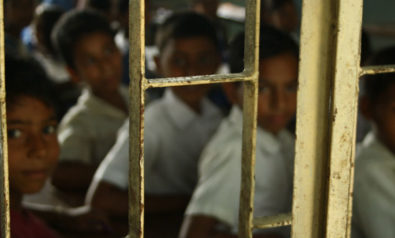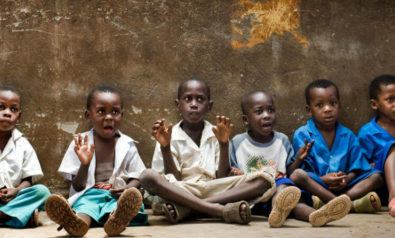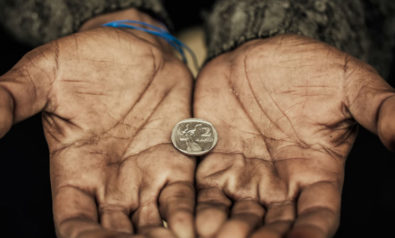Inequality in education is at the forefront of the global wealth gap.
Today the world is doing a lackluster job of finding sustainable solutions to global inequality. This crisis is evident in cities like Lima, Peru, where a “wall of shame” separates the wealthy neighborhoods from the poor shantytowns. It is disconcerting that the United Nations (UN) estimates today that 1.2 billion people live on less than $1 a day, while Forbes reports that the world’s 1,810 billionaires hold a net worth of $6.48 trillion.
The world’s failure to effectively fight poverty can be significantly attributed to corruption, as most heads of state are more concerned with pleasing their wealthy financiers and retaining power. In addition, global thought leaders use inequality as a quest for global fame and padding their bank accounts. Sadly, the majority of influential global leaders lack sincere passion for the poor and compete for awards or reelection, instead of working together to find legitimate solutions, such as enhancing global education.
Solutions, Not Problems
Today many economists highlight growing middle classes in China and India as hope for the global poor and decreasing inequality. However, this is a false hope as the UN and the Organisation for Economic and Co-operation and Development (OECD) defines a middle class citizen as someone spending or earning at least $10 per day, which in reality is not a large sum. Plus, as OECD’s Director Mario Pezzini highlights, many middle class citizens work in the unstable informal sector, lack a good education and knowledge to sustainably accumulate wealth.
In order to make strides in decreasing global inequality, we need to focus on bridging the disparity in education between the rich and the poor, as nearly 1 billion people today are illiterate. It could be argued that inequality in global education is at the forefront of global wealth inequality. The rich have access to an elite education and use the skills that they acquire through learning to grow their income; while the poor lack access to quality education and remain marginalized without the proper tools needed to thrive but instead barely survive.
In addition, a country’s educated population is extremely valuable to its economic development, as studies show that a country needs at least 40% adult literacy in order to achieve sustainable economic growth.
At the most basic level, enhancing the education level of the poor can help them find quality jobs to provide for their family. Equally important, education creates more brainpower that can work on formulating innovative ideas to solve pressing global problems. Think of the amount of untapped brilliant minds among the billions of the uneducated who can actually find the solutions to global problems, instead of being the problem that some people wrongly think they are.
Plus, today, if someone lacks basic literacy or numeracy skills, it becomes harder to access the educational or social benefits of the internet. In addition, a country’s educated population is extremely valuable to its economic development, as studies show that a country needs at least 40% adult literacy in order to achieve sustainable economic growth. Not to mention the proven effects of education in the growth of democracy, enhancing health and increasing farming production.
Common Mistakes
However, when implementing new education programs, we must avoid a common mistake made in past poverty solutions, which is painting all the poor with the same brush. We must learn that not all solutions can be fully applied in all places, because each region has a unique cultural fabric, geography, history and religion.
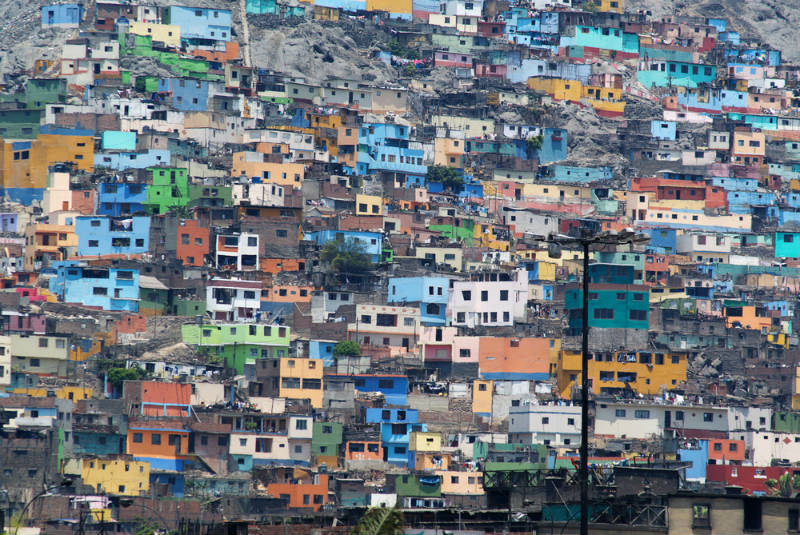
Lima, Peru © Shutterstock
This means that just because a solution worked in Ghana 15 years ago, it does not mean it will work in Bolivia today. Thus, education programs must have different elements to their curriculums in each unique place in the world and include direct input from local leaders.
The first step to improving education for the poor will be urgently addressing the infectious corruption in the Global South that prevents foreign aid from reaching its intended targets. UN Secretary General Ban Ki Moon even admits on record that a ghastly amount of 30% of total development assistance each year is lost to corruption. This means billions of dollars are stolen by the rich and not invested in the needs of the poor, such as education.
Looking into the future, the Global City Institute in Canada has calculated that by year 2100, as a result of rising birth rates cities such as Lagos, Kinshasa, Dar es Salaam and Mumbai will each have over 65 million people. Hence, as the global phenomenon of urban migration continues, it appears the inequality gap will widen, unless we find solutions fast.
With a rapidly growing developing world population, it is time to put words into action and give the poor a greater education that they can use to defeat poverty and inequality. The new United Nations global education goal can guide the way, but it needs to be complemented by legitimate grass roots initiatives, as we cannot count on global leaders. Plain and simple, we need to decrease the global inequality gap through enhancing quality education for the poor, so we can increase global peace.
The views expressed in this article are the author’s own and do not necessarily reflect Fair Observer’s editorial policy.
Photo Credit: Jan Martin Will / Shutterstock

We bring you perspectives from around the world. Help us to inform and educate. Your donation is tax-deductible. Join over 400 people to become a donor or you could choose to be a sponsor.
Support Fair Observer
We rely on your support for our independence, diversity and quality.
For more than 10 years, Fair Observer has been free, fair and independent. No billionaire owns us, no advertisers control us. We are a reader-supported nonprofit. Unlike many other publications, we keep our content free for readers regardless of where they live or whether they can afford to pay. We have no paywalls and no ads.
In the post-truth era of fake news, echo chambers and filter bubbles, we publish a plurality of perspectives from around the world. Anyone can publish with us, but everyone goes through a rigorous editorial process. So, you get fact-checked, well-reasoned content instead of noise.
We publish 2,500+ voices from 90+ countries. We also conduct education and training programs
on subjects ranging from digital media and journalism to writing and critical thinking. This
doesn’t come cheap. Servers, editors, trainers and web developers cost
money.
Please consider supporting us on a regular basis as a recurring donor or a
sustaining member.
Will you support FO’s journalism?
We rely on your support for our independence, diversity and quality.



